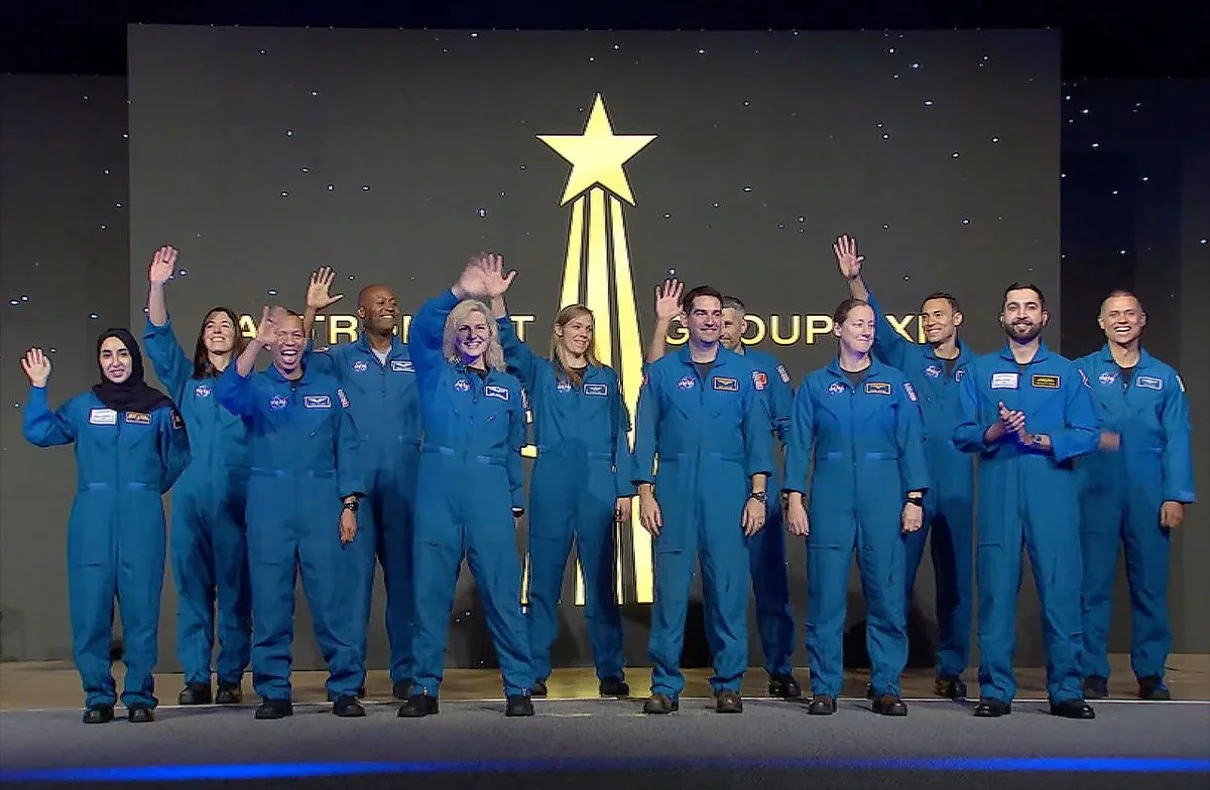
NASA’s quest for fresh astronauts is in full swing. The space agency has sent out an open invitation to all potential candidates who believe they have what it takes to conquer the final frontier. As the deadline for application submission approaches, NASA’s astronaut selection manager, April Jordan, emphasizes the popularity of the application process.
“Typically, it’s a very popular application,” said April Jordan, NASA’s astronaut selection manager.
The odds of being selected for this prestigious opportunity are indeed slim. The previous round of applications saw an overwhelming response, with over 12,000 individuals applying for the coveted spots. However, only a minuscule fraction of these hopefuls were chosen.
The criteria for being an astronaut in 2024 are drastically different from those of the 1960s. In the early years of space exploration, the astronaut corps comprised predominantly of white males with military backgrounds. However, the landscape has transformed over the years, and NASA is now making concerted efforts to ensure that its astronauts reflect the diversity of the nation they represent.
The journey of Victor Glover, a veteran astronaut, sheds light on the changing dynamics within NASA. Glover’s journey is a testament to how the space agency is breaking away from traditional molds and embracing diversity. He became the first Black astronaut to serve as a crew member on the International Space Station in 2020. He is also set to become the first Black astronaut to fly around the moon for the Artemis II mission in 2025.
“We want the group of astronaut candidates that we select to be reflective of the nation that they’re representing,” Jordan said.
To qualify as a NASA astronaut, candidates need to fulfill some essential prerequisites. These include being a U.S. citizen and passing the astronaut physical exam. The educational requirements are stringent, requiring a master’s degree in science, technology, engineering, or mathematics, followed by at least three years of related professional experience. Despite these prerequisites, the agency maintains an open mind during the selection process.
While technical skills and academic credentials are important, astronauts also need some intangible qualities that are harder to teach. These include social skills, humility, and the ability to communicate effectively. After all, astronauts spend months on end living in close quarters on the space station.
“You’re going to live in this tin can with somebody for six months,” Glover said of a stay on the space station. “We’re almost picking family members.”
NASA prides itself on the diversity of backgrounds among its astronauts. The diversity within the space agency surpasses that of the private sector in several aspects. The percentage of Black astronauts is higher than the percentage of Black people in the broader science and technology workforce, Glover said.
The issue of diversity as a hiring goal has been a subject of intense debate. Critics argue that focusing on diversity might compromise the quality of the selected candidates. However, Glover firmly believes that seeking diversity does not equate to lowering standards or accepting less qualified candidates.
Many applicants are drawn to the prospect of being the first astronauts to walk on Mars, a feat that NASA aims to achieve in the 2030s. However, Glover warns that candidates should also consider the sacrifices they might have to make along the way.
“The trip to Mars is six to nine months,” he said. “You’re going to be away from familiar for more than a year, one to three years. Are you really ready for that?”
Glover acknowledges the contributions of those who paved the way for future generations of astronauts. He recounts the story of Ed Dwight, the only Black Air Force pilot in the 1960s who met NASA’s strict requirements for astronauts but was never selected.
“Ed Dwight could have done this in the ’60s,” Glover said. “How much better would our country be if he actually got the chance? Society wasn’t ready. It’s not him. He was ready.”
Image Source – space.com
